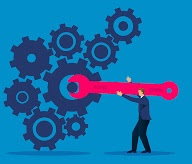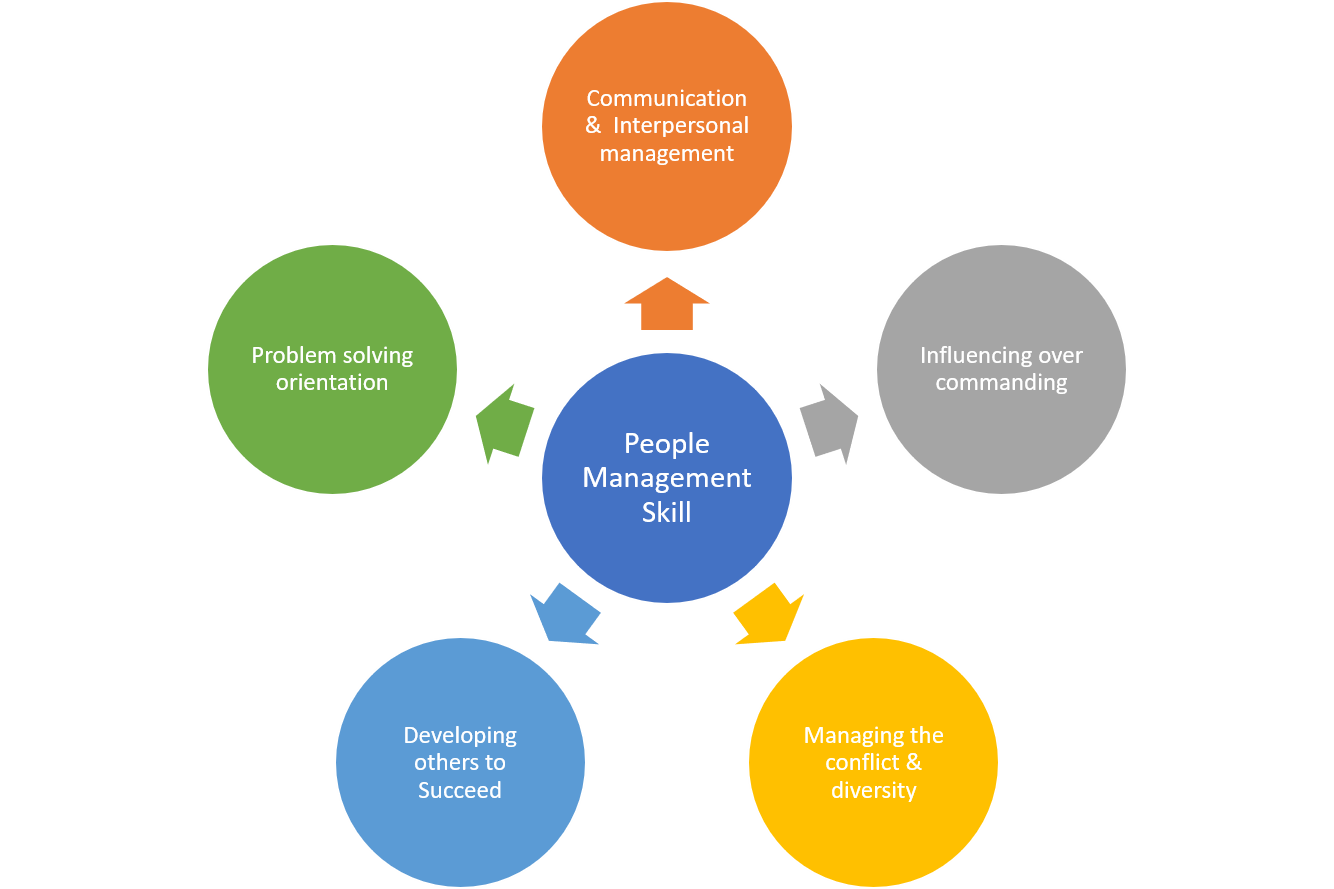Are we fixing processes or people?

We discussed some of the mindsets of highly influential people in the workplace to get things done. We mentioned win-win, how they look at work, and clarity of what they need.
Regarding practices, influential people work on themselves to build their credibility through relationships and expertise. The second practice is giving others their time, energy, and knowledge. The third practice is displaying respect by listening. The fourth practice is empowering others. The fifth practice is effective communication.
The next practice the people do is "Fixing processes than people."
What is meant by Fixing processes than people?
It is all about continuously refining the process to avoid mistakes. Whenever a problem happens, look for the gap in the process than in the people.
It is more about process orientation.
People with process orientation have high likeability factor than the person who is finding fault with people and trying to fix some people responsible for the problem.
Influencing power or the ability to get things done is enhanced when a high likeability factor exists.
Generally, there are two types of people in the organization. One set of people (Type A), if any problem happens, the momentary reaction would be, "Who mistakes it is?". Their immediate intention would be first to fix the person, then find a solution for the problem.
For the other set of people ( Type B) (fewer in numbers!
 ), if any problem happens, the momentary reaction would be, "Why this happened, and what needs to be done?". Their immediate intention would be to recognize the problem and look for a suitable process, eventually fixing the people.
), if any problem happens, the momentary reaction would be, "Why this happened, and what needs to be done?". Their immediate intention would be to recognize the problem and look for a suitable process, eventually fixing the people.As a human being, whom we would like more, Type A or Type B…?
Most of us like Type B people, and this likability factor enhances their influencing power.
When we look for the process solution to a problem without fixing people first, we develop compassion towards others, making us highly influential people in the workplace.
I work with one CEO who is soft-spoken and calm; whenever a problem happens, he never loses his temper, fixes the process, and educates the person with more compassion. People never complain about him and like to work with him. Works get done out of respect for him than his power.
Only a few people get this practice right, and they become influencing people.
It needs awareness of our reaction to problems and practice fixing the process.
Have a great week ahead.














